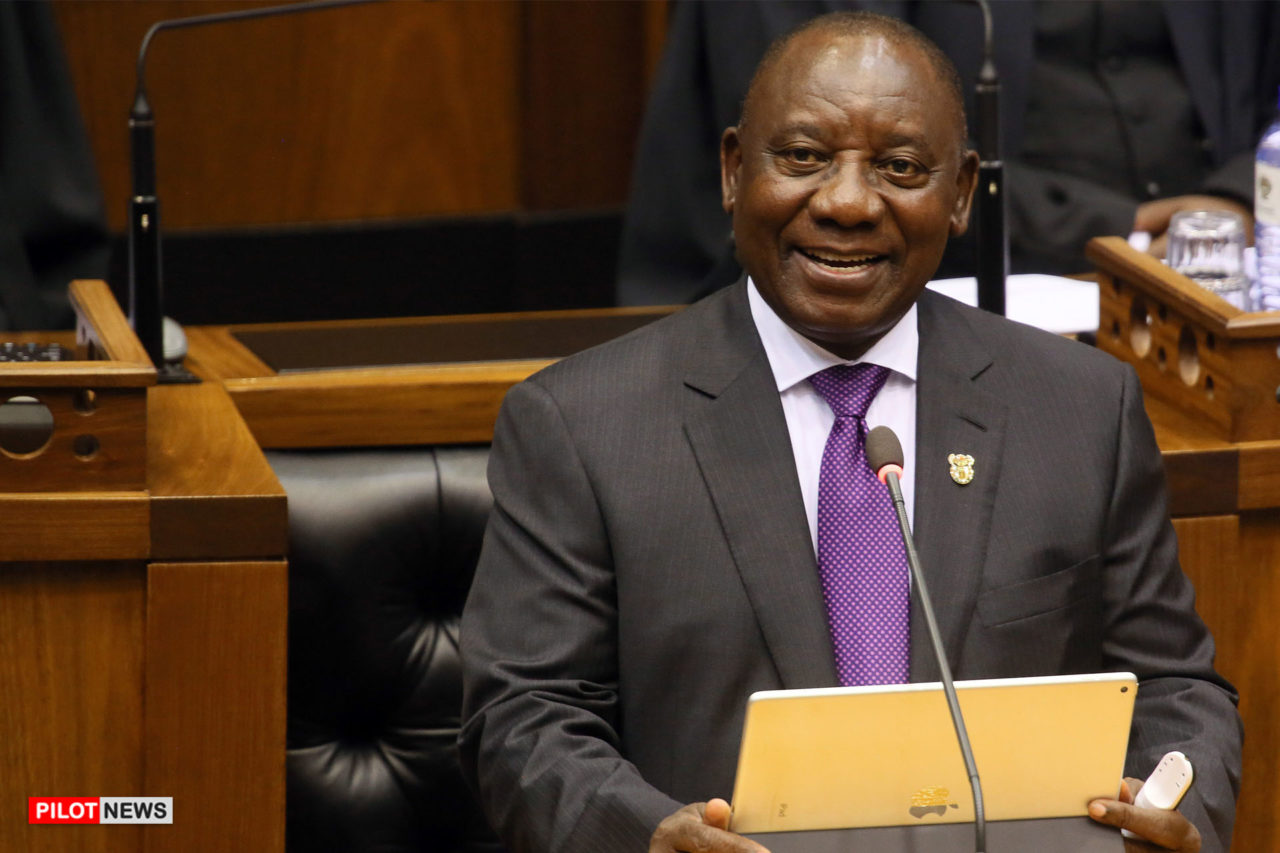South Africans have long feared that corruption would move from “retail,” small-scale and individualistic, to “structural,” as it is in some other African countries, where corruption infuses the political economy. Those fears accelerated during the 2009-2018 presidency of Jacob Zuma, which was characterized by nepotism, cronyism, and patronage networks, altogether labeled “state capture,” and blatant corruption within some state-owned enterprises fully reported by the media.
Corruption also fueled Zuma’s efforts to remain in power and to undermine South African institutions that limited what he could do, which were established during the transition from apartheid to “non-racial” democracy. Those institutions, supported by freedom of the press, a strong parliamentary opposition, a growing democratic culture, and operating within Africa’s most developed economy, were strong enough to survive Zuma.
Since the first “non-racial” elections in 1994, South Africa has been governed by the African National Congress (ANC), by origin an anti-apartheid liberation movement that has always been “big tent” and multi-racial. It was the party of national icon Nelson Mandela. Especially under Zuma, it became less multi-racial, was widely accused of corruption, and its popular support has steadily eroded. The country’s economy severely contracted in the aftermath of the 2008 world-wide financial crisis, and recovery was slow. With declining popular support, the stage was set for Cyril Ramaphosa’s successful challenge of Zuma within the ANC for party leadership and the national presidency in 2018. However, bolstered by his extensive patronage network, Zuma and his allies retained significant power within the party. Since 2018, Ramaphosa has moved slowly and carefully to sideline Zuma’s supporters, reform the economy, and tackle corruption. Ramaphosa’s popularity owes much to his perceived competency and his opposition to corruption.
Reformers often accuse Ramaphosa of moving too slowly against corruption. However, over the last weekend in August, the ANC’s National Executive Council, the supreme leadership organ between national conventions, determined that all ANC government and party officials accused of corruption must be suspended from office pending investigation and resolution of the charges. No doubt the NEC was moved by, among other factors, public outrage over the perceived corruption of some ANC personalities with respect to disbursement of COVID-19 relief. (South Africa has by far the largest COVID-19 caseload in Africa.) Though some of the party leaders affected by the new policy are allies of Ramaphosa, far more are associated with Zuma. Hence, the NEC, led by Ramaphosa, appears to have taken meaningful steps against corruption while at the same time strengthening the president’s position within the party.
____
John Campbell is the Ralph Bunche senior fellow for Africa policy studies at the Council on Foreign Relations in Washington, DC. He was a former U.S. ambassador to Nigeria. He writes the blog Africa in Transition. This article first appeared in CFR.
- Ex-Governor Yahaya Bello Declared Wanted by EFCC - April 18, 2024
- Committee Offers Solutions for Decongesting Correctional Centres In Anambra - April 18, 2024
- BREAKING: Gunmen kill Traffic official in Anambra, Zoom Off - April 18, 2024


